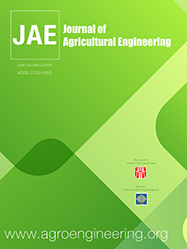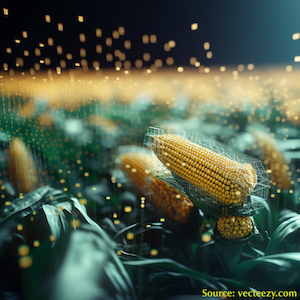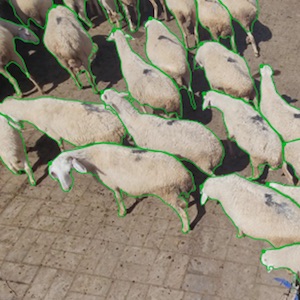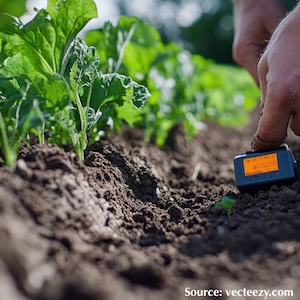The influence of branch inclination angles on the dynamic response of the olive tree to trunk shaking
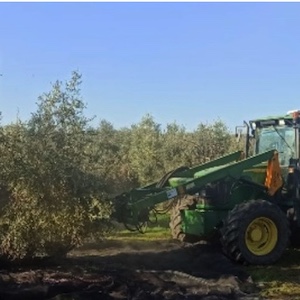
All claims expressed in this article are solely those of the authors and do not necessarily represent those of their affiliated organizations, or those of the publisher, the editors and the reviewers. Any product that may be evaluated in this article or claim that may be made by its manufacturer is not guaranteed or endorsed by the publisher.
Accepted: 6 May 2025
Authors
Traditional and intensive olive groves account for a large part of today’s olive orchards and their harvesting is based on trunk shakers. The vibration parameters set in these machines and the biomechanical properties of the olive tree influence the detachment process. Tree geometry and morphology are fundamental factors influencing the propagation of vibration. Understanding the effect of tree geometry on vibration propagation can provide useful indications for tree training and pruning. The aim of this work is to study the effect of branch inclination on the vibration response when a trunk shaker is applied, as there is no experimental information on this variable in the literature. We randomly selected 80 olive trees from an intensive olive orchard, and the acceleration of the trunk and one of the main branches was recorded for each tree when forced vibration was applied using a trunk shaker. Two triaxial MEMS accelerometers were used to measure the vibration and, in addition, the location of each sensor, the trunk and branch diameters and the branch angle were measured. It was observed that in all cases there was an amplification of acceleration from the trunk to the branch: the mean acceleration transmissibility value was 139.5%. The highest acceleration values occurred in branches with an inclination between 30 and 60 degrees, which also had the highest acceleration transmissibility, with an increase of 13.8-16.8% and 6.3-10.5%, respectively. In addition, the highest relative kinetic energy ratio was higher in branches with an inclination between 30 and 60 degrees.
Downloads
Citations
Supporting Agencies
Consejería de Economía, Conocimiento, Empresas y Universidad de la Junta de AndalucíaHow to Cite

This work is licensed under a Creative Commons Attribution-NonCommercial 4.0 International License.

